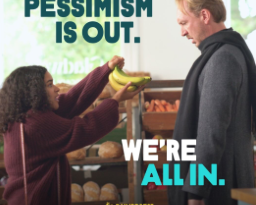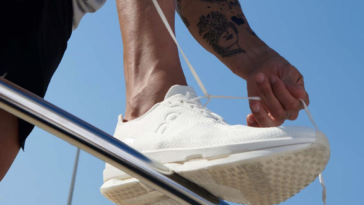There isn’t a single internet user out there who hasn’t come across an online petition at least once. You read a news article or scroll through social media and you’re bound to stumble across an online petition that prompts your contact details and the click of a button, which oftentimes redirects you to a payment page where you can donate to the cause.
The momentum of sharing on the internet is unmatched, and certainly beats the ‘old days’ of standing outside stores and asking passers-by for their signatures. Within a matter of days, organisations can achieve remarkable results, especially if their petition goes viral.
A great example of a petition that incited change is Change.org’s Justice for George Floyd.
It was started by a 15-year old, and racked up a whopping almost 20 million(!!) signatures, which, subsequently, not only led to the conviction of his aggressors, but also put the spotlight on the need for racial justice in the United States and worldwide. It didn’t end here. It cascaded into the creation of more petitions for other victims of police brutality including Breonna Taylor, Elijah McClain and, more recently, Daunte Wright.
Although they may, to some, be seen as a ‘lazy’ way to create change, petitions give people easier accessibility towards making a change, where they may not necessarily get involved at all if there was significant action asked of them. In a convenience-driven world, making meaningful tasks as simple as possible for anyone with an internet connection is a brilliant tactic for creating waves.
Conflict ignites action. The dislike button is used much more than all other automatic feedbacks except the like. This is a clear reflection of how digital is polarizing. How many times did you hit dislike in the last year? A signature can save you rage and ensure that your digital interactions insight change, instead of just making a complaint.
Causes and signature-based campaigns raise a big flag to politicians; if you hit a million signatures, politicians MUST listen!
Does this mean that signing petitions can actually save the world?
While petitions can be used for great change in the name of good, as with anything on the internet, you have to have to use your head and do some research first. You’re giving away your information willingly, and perhaps donating some money, if you feel so inclined – you’ll want to know you can trust the source and be sure that it is legitimate.
While not every petition is going to yield major results, we have some seen some undeniable results. A petition with enough signatures could potentially sway powerful decision-makers if there is significant public interest, encourage the media to shed light on the subject and spread awareness, or simply raise money towards a worthy cause.
Is my signature enough?
A signature on a petition may help assume the position to set off the first domino, but as always, the action of many hands will always win above the words of the masses. You can’t be calling yourself an activist simply by clicking a button in your cushy coffee shop – that’s not what’s going to save the whales.
Sign the petition, YES (because it has great potential!), but do something; even if it may seem insignificant. There are 7.9 billion people on our planet. If even a fraction of those made a small, seemingly insignificant change to be better for our earth every day, that’s a lot of action.









